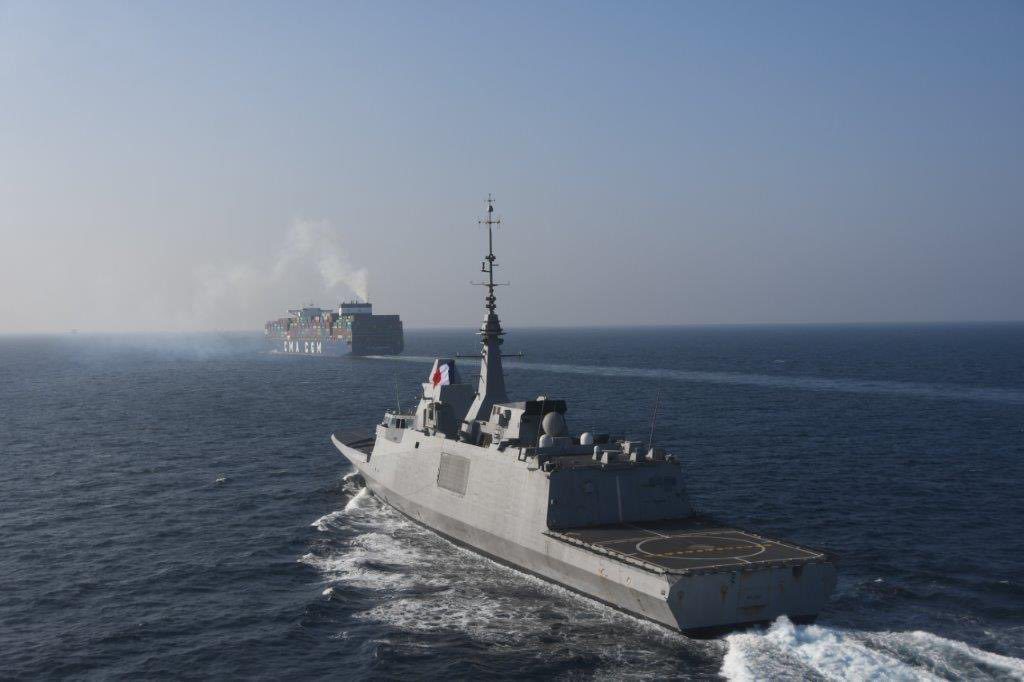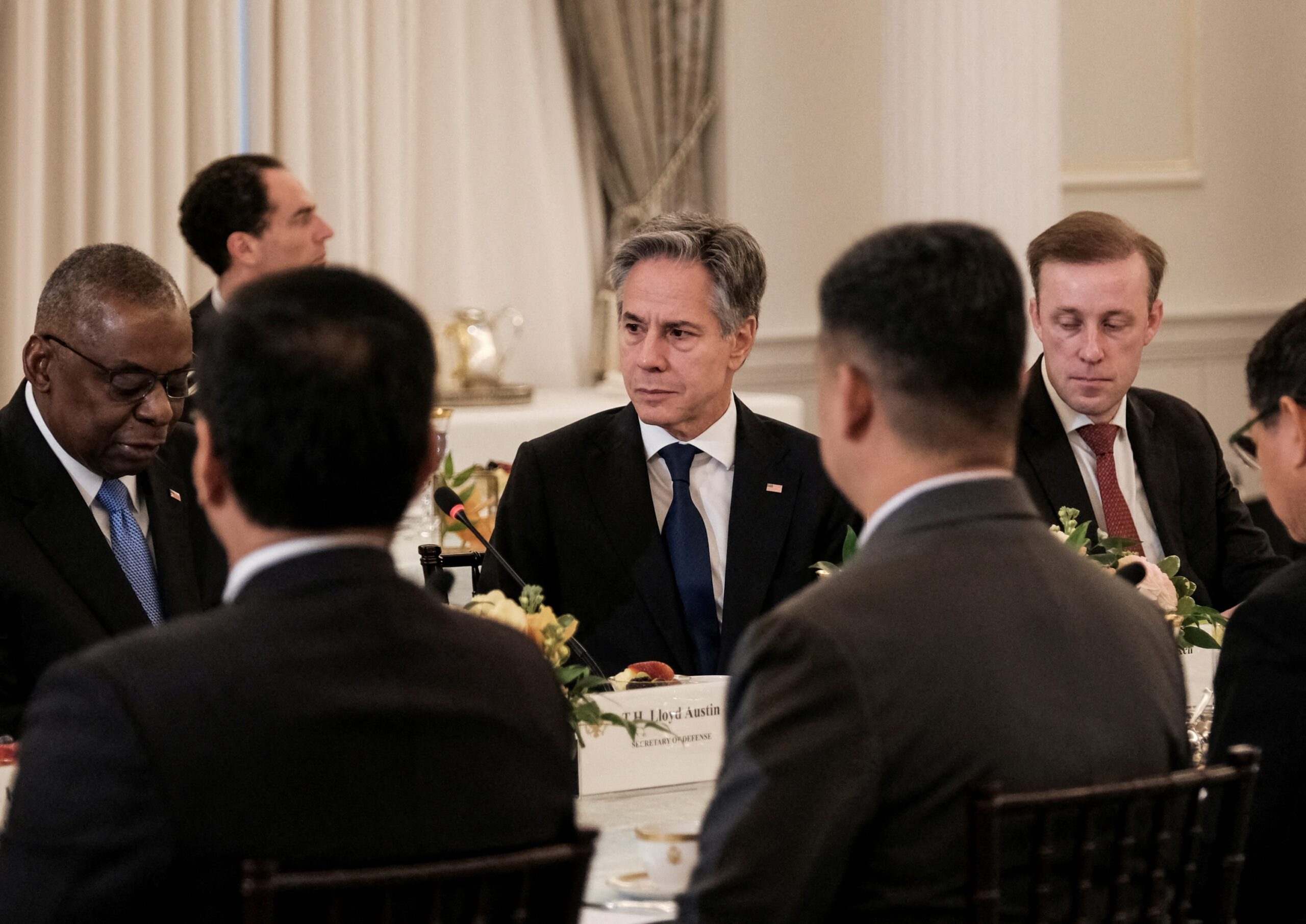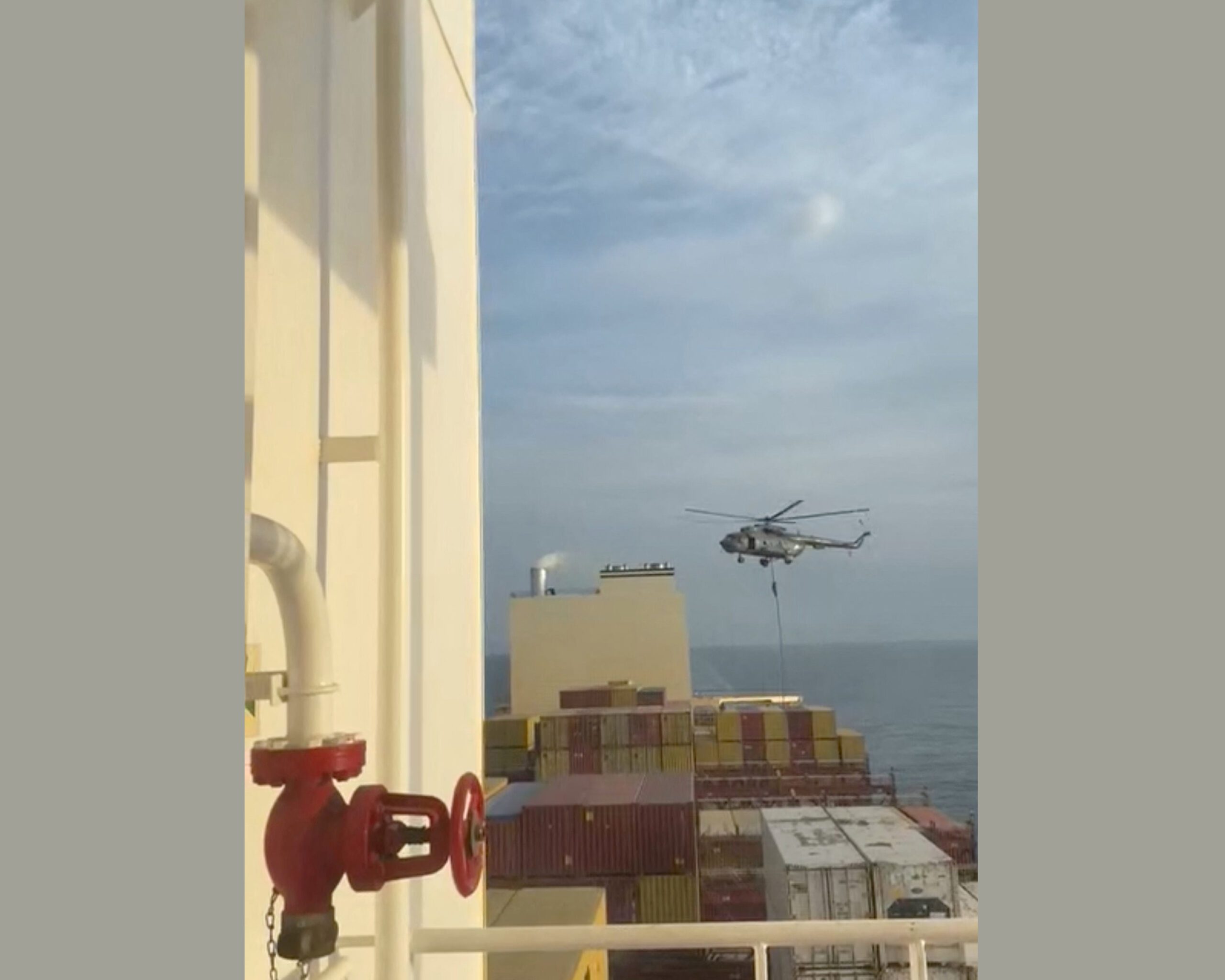SAN DIEGO (March 1, 2013) The littoral combat ship USS Freedom (LCS 1) departs San Diego Bay for a deployment to the Asia-Pacific region. Freedom will demonstrate her operational capabilities and allow the Navy to evaluate crew rotation and maintenance plans. LCS platforms are designed to employ modular mission packages that can be configured for three separate purposes: surface warfare, anti-submarine warfare or mine countermeasures. (U.S. Navy photo by Mass Communication Specialist 3rd Class John Grandin/Released)
by Tony Capaccio (Bloomberg) U.S. Navy officers in the Pacific fleet say the service’s Littoral Combat Ship may lack the speed, range and electronic warfare capabilities needed to operate in Asian waters, according to a congressional audit.
“Several 7th Fleet officials told us they thought the LCS in general might be better suited to operations” in the smaller Persian Gulf, the U.S. Government Accountability Office said in a 56-page report, labeled “For Official Use Only,” obtained by Bloomberg News.
The Navy should consider buying fewer of the ships if its limitations prevent effective use in the Pacific, according to the report by GAO, Congress’s watchdog agency. The report follows others that have questioned the cost, mission and survivability in combat of the ship that’s designed to operate in shallow coastal waters.
Defense Secretary Chuck Hagel said in a Feb. 24 memo that “considerable reservations” led him to bar negotiations for any more than 32 of the vessels, 20 fewer than called for in the Navy’s $34 billion program. The Littoral Combat ship is made in two versions by Lockheed Martin Corp. (LMT) and Austal Ltd. (ASB)
Hagel’s doubts may be bolstered by the new audit, with conclusions that were summarized in its title: “Littoral Combat Ship: Additional Testing and Improved Weight Management Needed Prior to Further Investments.”
The first two vessels — one from each maker — are overweight, resulting in “not meeting performance requirements” for endurance or sprinting over 40 knots (74 kilometers per hour), the GAO said.
“This situation has led the Navy to accept lower than minimum requirements” on the two ships, the report said.
‘Incredible’ Failure
The report is likely to be discussed today at a hearing of the Senate Armed Services Committee’s seapower panel headed by SenatorJack Reed, a Rhode Island Democrat. Senator John McCain ofArizona, the panel’s top Republican, recounted the ship’s troubles in a speech yesterday on the Senate floor.
“Failure this comprehensive is incredible, even for our broken defense procurement system,” McCain said of a program that received congressional approval to spend more than $12 billion since 2004.
Lieutenant Caroline Hutcheson, a Navy spokeswoman, said in an e-mailed statement that the service was aware the report was coming out and expects “it to cover areas already being collaboratively addressed by the Navy and industry.”
“We continuously refine and test the LCS program to learn the full extent of possibilities for these first-of-a-kind ships,” she said. “We’ve incorporated engineering modifications which improve performance and continue to look at the concept of employment, as exemplified” by a recent war game.
Singapore Deployment
The GAO reviewed the 10-month deployment to Singapore last year of the USS Freedom, a ship built by Bethesda, Maryland-based Lockheed.
Pentagon officials highlighted the Freedom’s visit as a step in the U.S. refocusing on Asia, demonstrating the Defense Department’s commitment to send its best equipment there to reassure allies.
While the deployment provided “important real-world lessons” that “are being used to refine plans for subsequent deployments,” the GAO said, “significant unknowns persist regarding LCS concepts and use.”
The Freedom’s stay was marred by 55 days lost due to mechanical problems with gears, hydraulics, generators and water jets, “which is a significant portion of its” deployment, the agency said.
Contractors Criticized
On the ships’ burgeoning weight, the GAO criticized the performance of Lockheed and of Henderson, Australia-based Austal. It said the companies repeatedly submitted inaccurate or incomplete reports, and those deficiencies “have hindered Navy oversight of LCS weight challenges.”
The agency suggested that the Pentagon examine withholding funds from the companies to ensure more accurate reporting.
Joe North, Lockheed’s vice president for ships, said in an e-mailed statement that its version met “the U.S. Navy’s weight requirements at delivery, and the company has submitted all weight reports” in “accordance with contractual requirements.”
Michelle Bowden, a spokeswoman for Austal USA, said in an e-mail that the company had no comment on the agency’s report.
Hagel has ordered a Navy report by the end of this year on potential ship options that would be “generally consistent with the capabilities of a frigate,” including a modified version of the Littoral Combat Ship or a new vessel.
(c) 2014 Bloomberg.
Unlock Exclusive Insights Today!
Join the gCaptain Club for curated content, insider opinions, and vibrant community discussions.

 Join The Club
Join The Club













